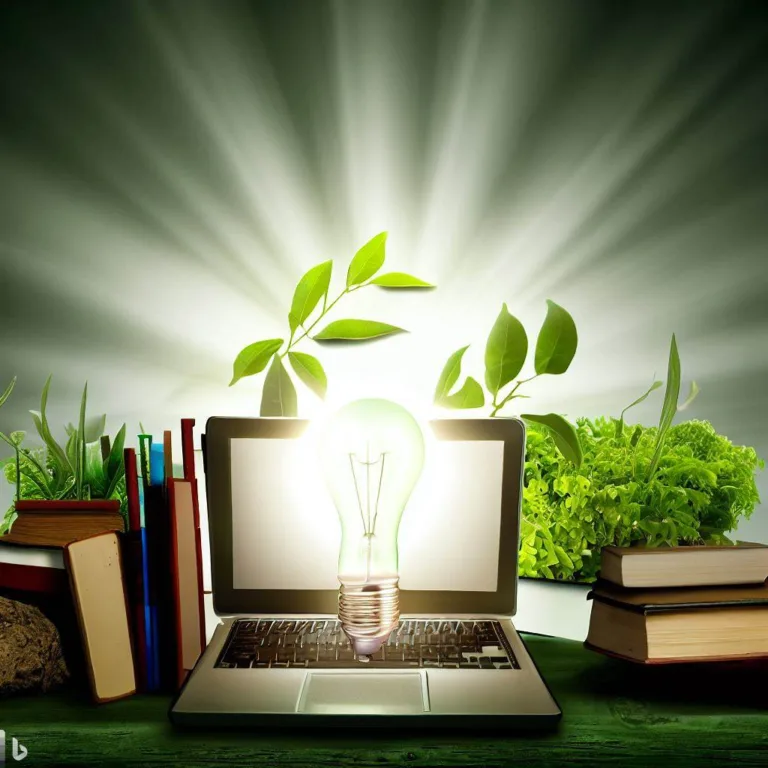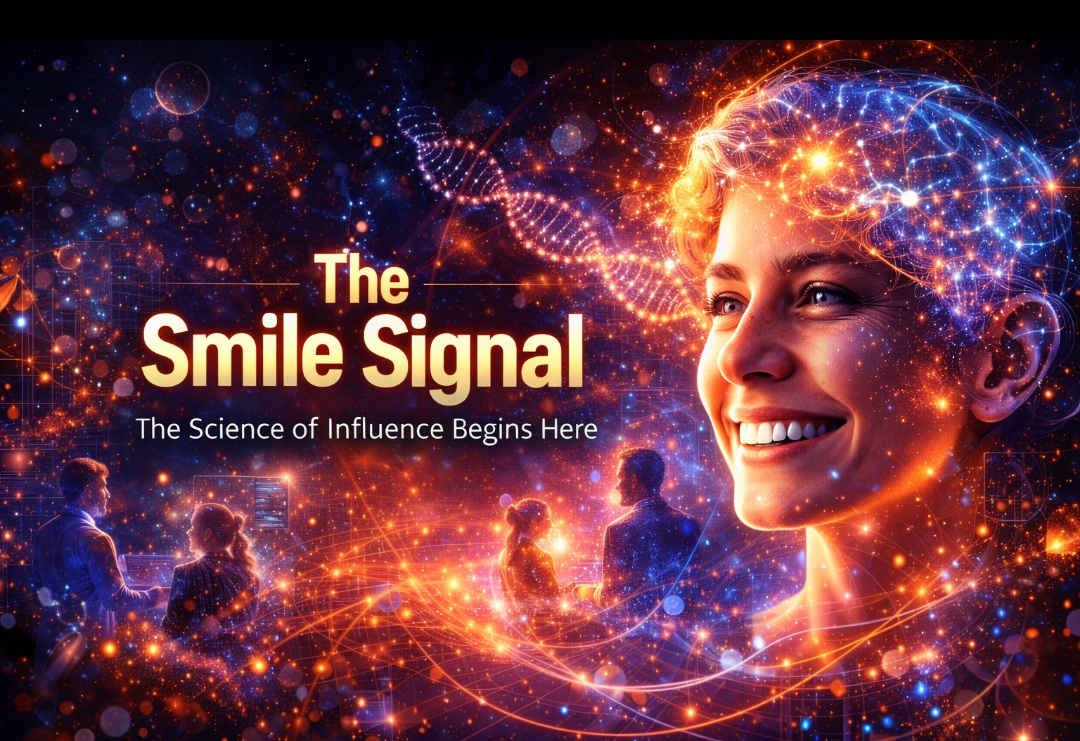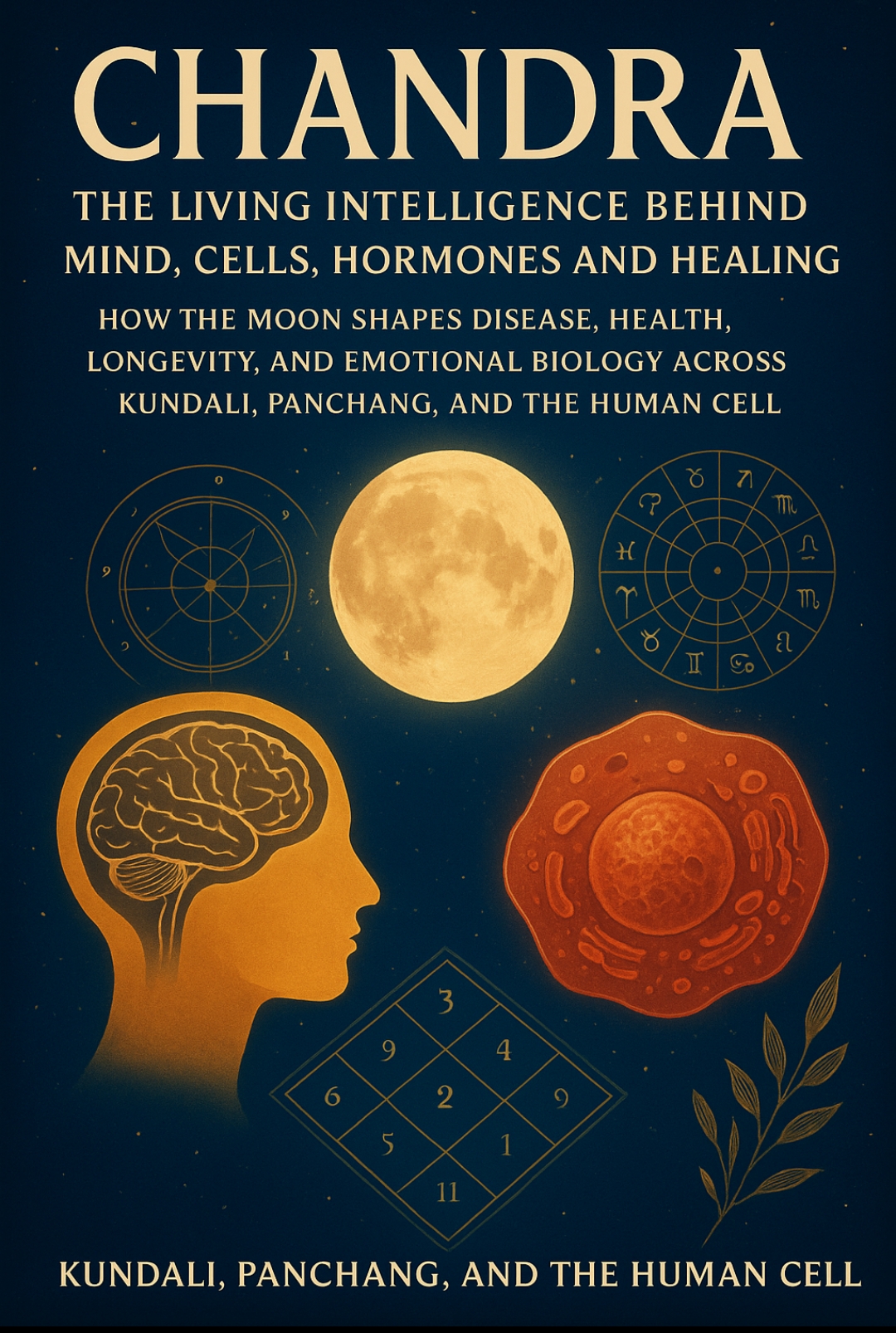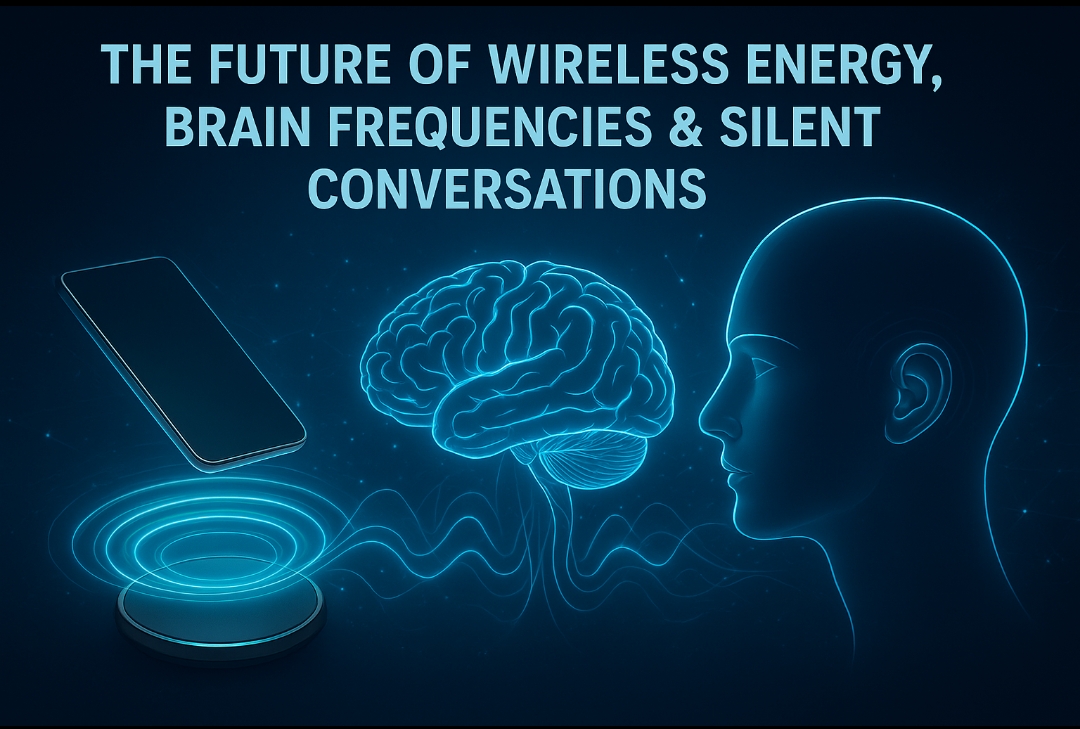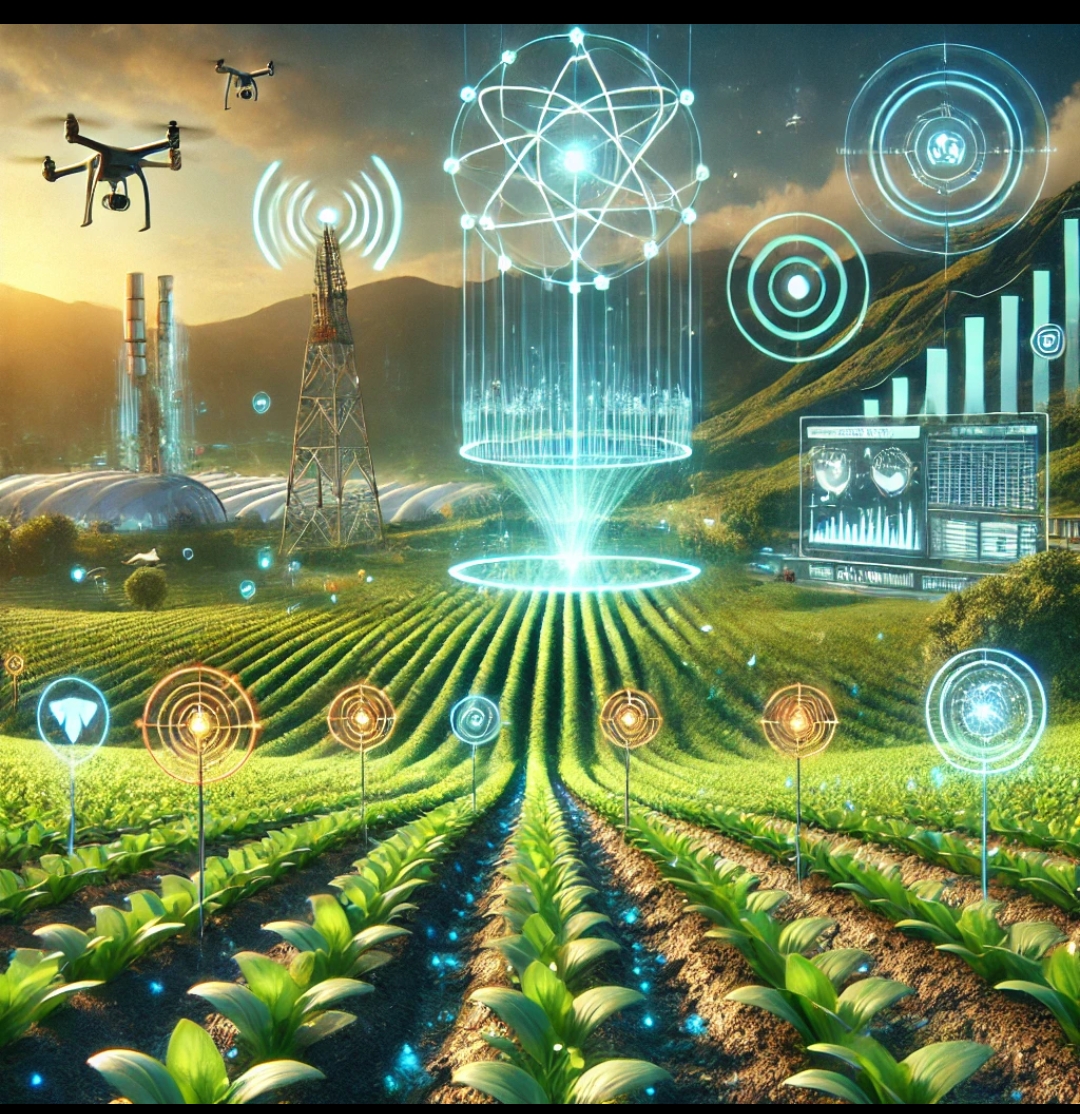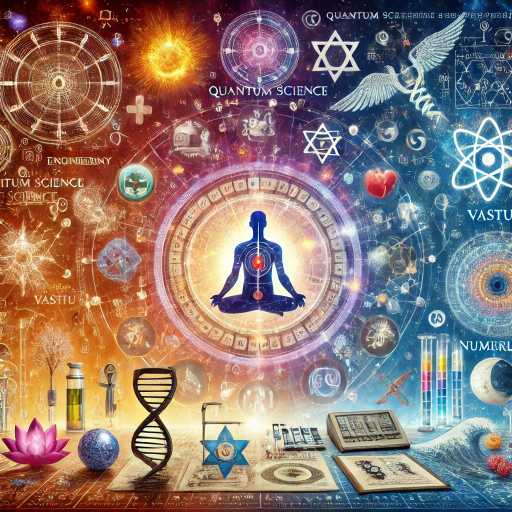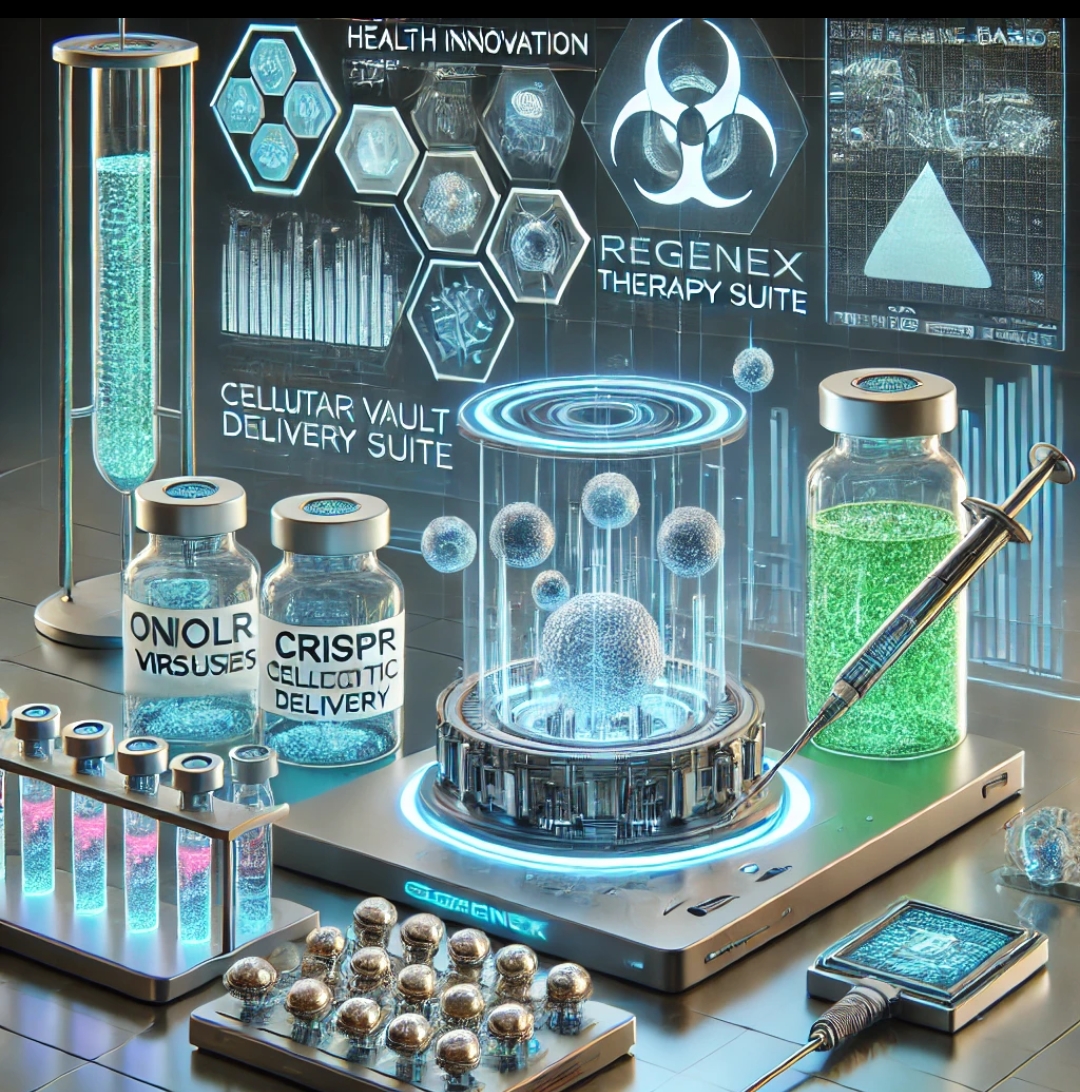Introduction
The world is facing a number of complex and interconnected challenges, including climate change, poverty, and inequality. These challenges can only be addressed through a concerted effort by all stakeholders, including governments, businesses, and civil society. Education plays a critical role in this effort, as it can help to build the knowledge, skills, and values needed to create a more sustainable future.
Traditional education models have been largely focused on preparing students for the workforce. However, in today’s rapidly changing world, this approach is no longer sufficient. We need a new paradigm for education, one that is focused on sustainability.
Education 5.0
Education 5.0 is a new approach to education that is designed to prepare students for the challenges of the 21st century. It is based on the following principles:
Sustainability: Education 5.0 is focused on sustainability, both in terms of the environment and society. It teaches students about the importance of protecting the planet and creating a more just and equitable world.
Human-centered: Education 5.0 is human-centered, meaning that it focuses on the needs and interests of the individual learner. It provides students with the opportunity to develop their own unique talents and abilities, and to find their own path in life.
Innovative: Education 5.0 is innovative, using new technologies and approaches to learning. It encourages students to think creatively and to solve problems in new ways.
Collaborative: Education 5.0 is collaborative, teaching students to work together to achieve common goals. It helps students to develop the skills they need to be successful in the global economy.
How Education 5.0 Can Achieve Sustainability
Education 5.0 can play a critical role in achieving sustainability by:
Teaching students about sustainability: Education 5.0 can teach students about the importance of protecting the planet and creating a more just and equitable world. This can be done through a variety of courses and activities, such as environmental science, social justice, and peace studies.
Helping students develop sustainable skills: Education 5.0 can help students develop the skills they need to live more sustainable lives. This includes skills such as energy efficiency, waste reduction, and sustainable consumption.
Empowering students to take action: Education 5.0 can empower students to take action on sustainability issues. This can be done through a variety of activities, such as volunteering, campaigning, and starting their own businesses.
Conclusion
Education 5.0 is a new paradigm for education that is designed to prepare students for the challenges of the 21st century. It is based on the principles of sustainability, human-centeredness, innovation, and collaboration. Education 5.0 can play a critical role in achieving sustainability by teaching students about sustainability, helping them develop sustainable skills, and empowering them to take action.



